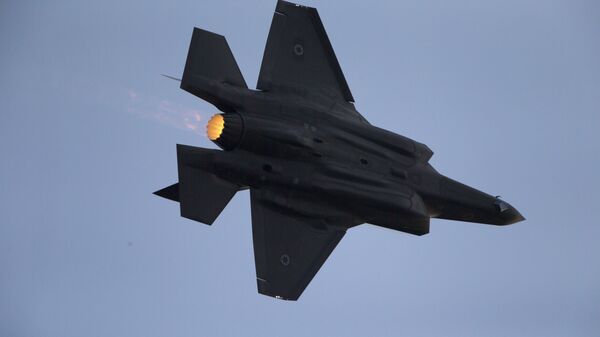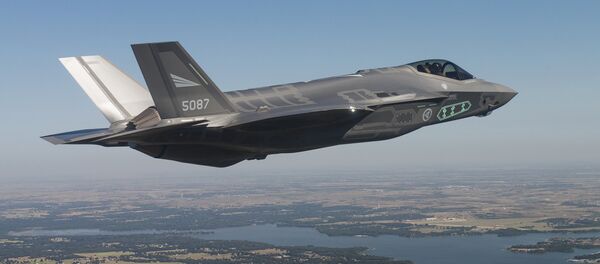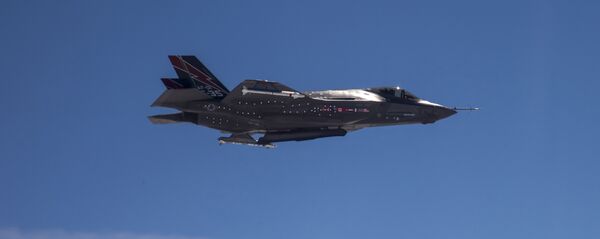The F-35s will provide the needed capabilities for the "constantly evolving and complex challenges" Israel faces in the Middle East, Norkin said, as cited by the Times of Israel. The timing of the new stealth craft's addition couldn't be better, as Israel's air force "is operating on a large scale on a number of fronts in a dynamic Middle East," the general added.
The F-35 is "well-suited for the mission of selectively targeting the ongoing Iranian-Hezbollah weapons trafficking program," according to a report by the Begin-Sadat Center for Strategic Studies.
The IAF has received nine F-35s so far, with the most recent pair of aircraft delivered in November.
The F-35 has struggled with years of cost overruns and technical malfunctions; indeed, while the US and NASA took about 10 years to reach the moon, 20 years after Lockheed received its first contract related to F-35 concept design the jets still suffer engine fires and sometimes provide insufficient oxygen to pilots mid-flight.
Nevertheless, Israel plans to buy 50 F-35s in total. The Israeli legislature, the Knesset, originally planned to by 75 or 100 F-35 aircraft but recently ordered a review of alternatives.
An agreement between Israel and the US written into the US legal code, specifically as part of the Arms Export Control Act, states that the US may not sell "defense articles or services" to Middle East nations that "adversely affect Israel's qualitative military edge." But US President Donald Trump is reportedly shopping the F-35 to the United Arab Emirates.
Speaking in November, Shoshana Bryen, director at the Jewish Policy Center in Washington, said that while Israel and the UAE "are not allies, not even friends… if anyone thinks that the UAE will use this airplane to attack Israel, he or she is not living in reality."




